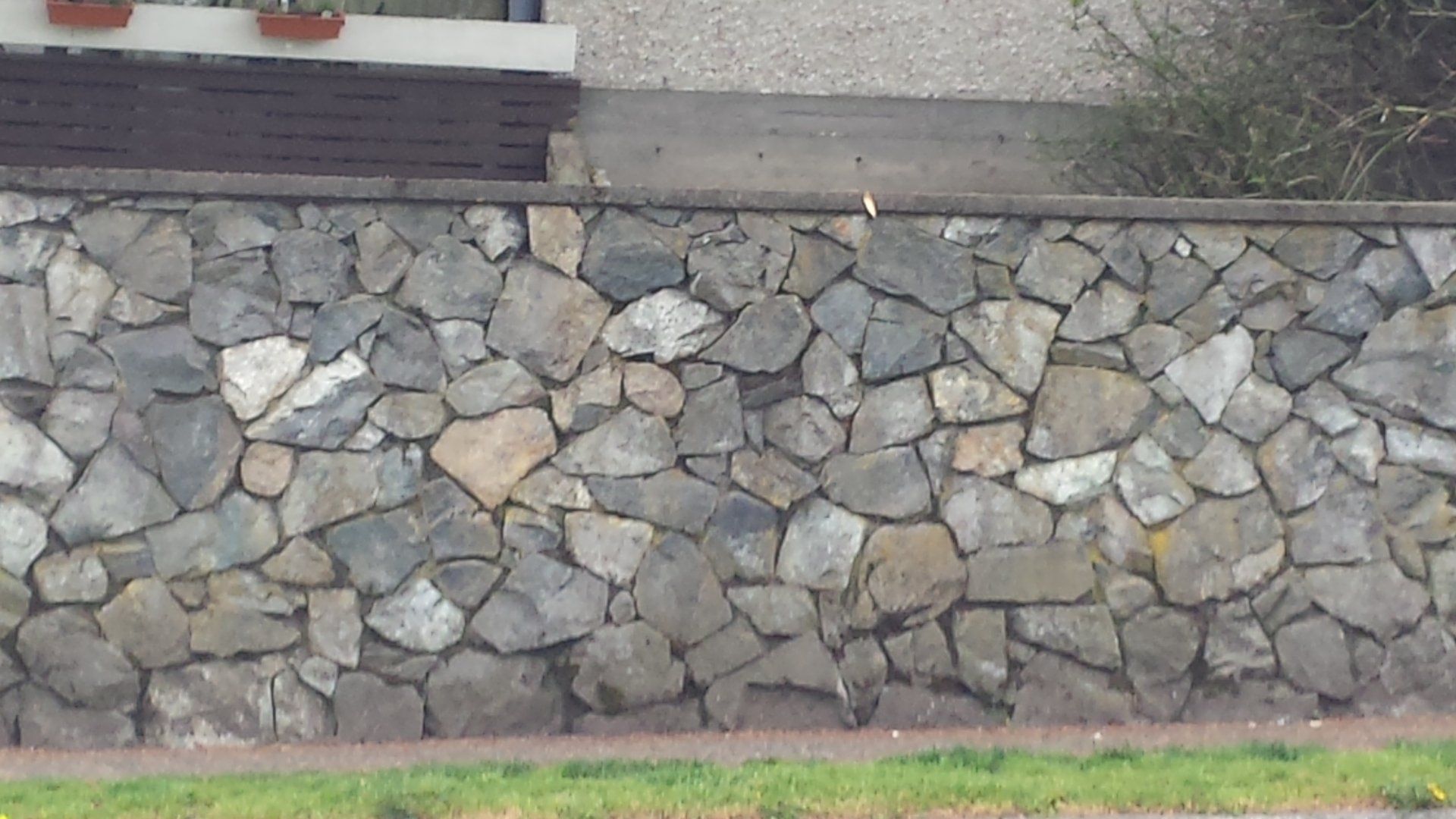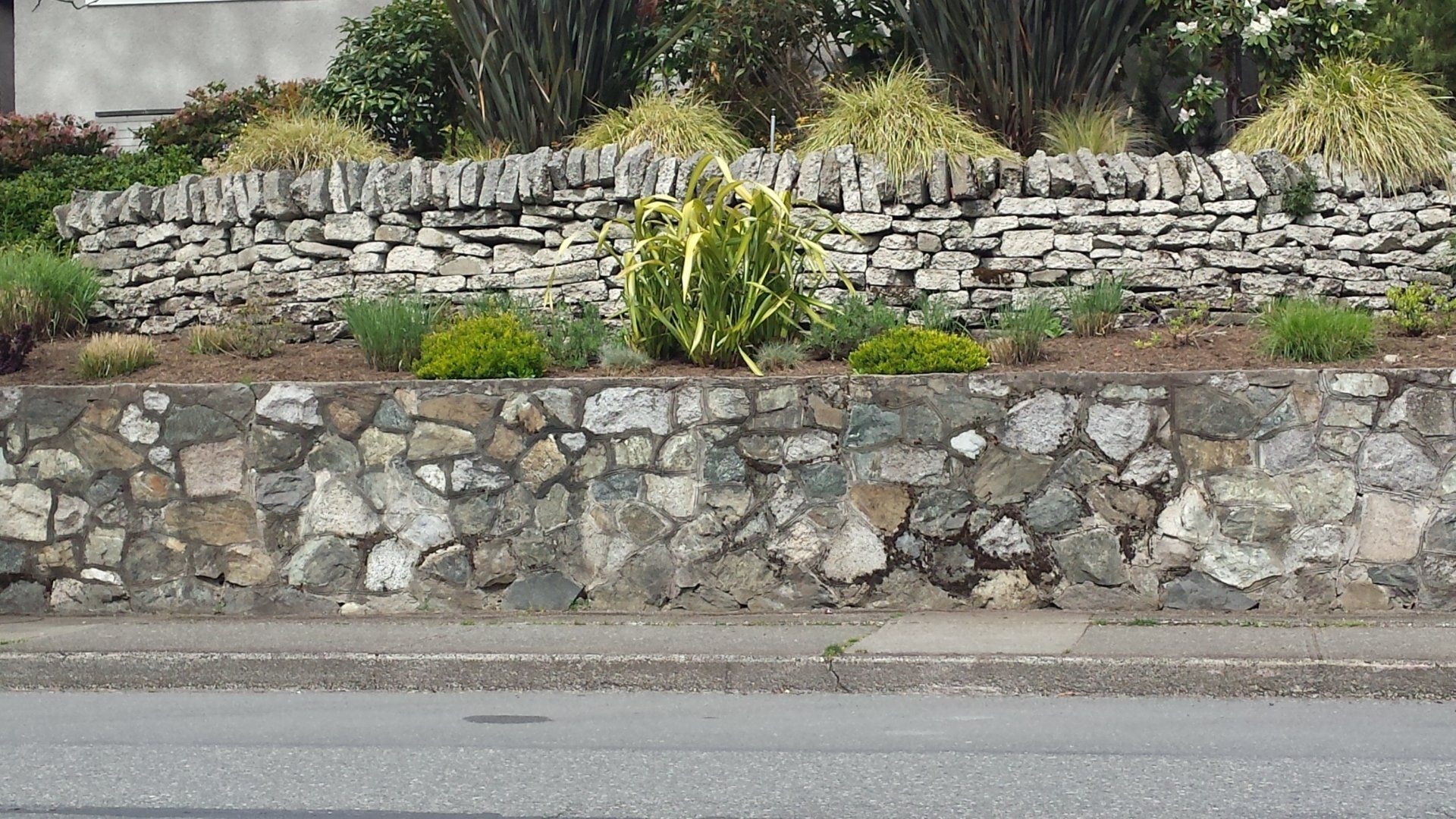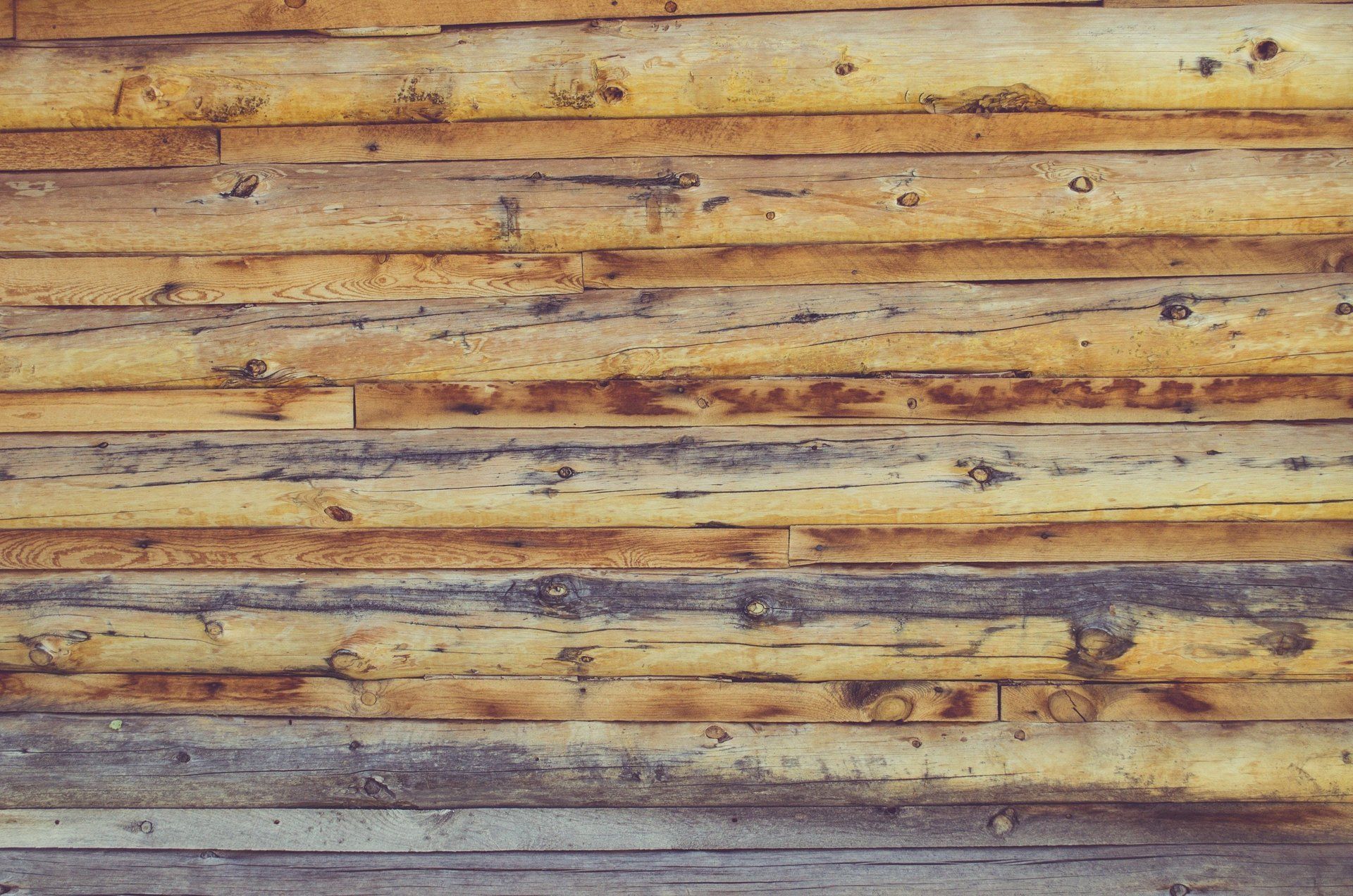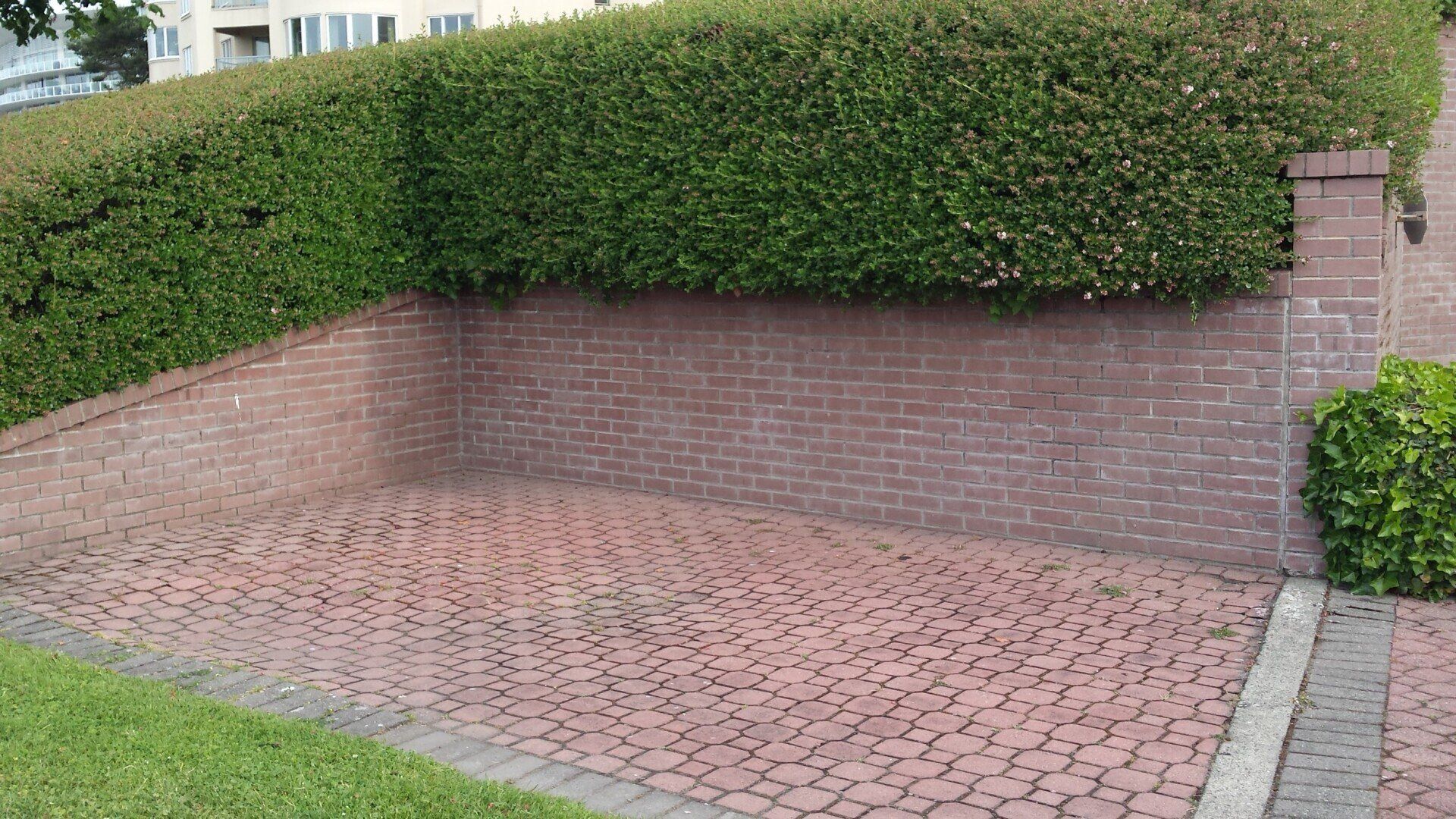#1 Rated Retaining Wall Contractors in Halifax Nova Scotia
Halifax Retaining Wall Pros
A Division of Granite Shore Excavation
Retaining Walls Halifax, NS
Halifax Retaining Wall Pros are proud to provide Halifax and the HRM the premier building contractors of retaining walls in the region. Our skilled stone masons and concrete technicians have many years of experience building retaining walls for residential and commercial purposes.
About Us
At Halifax Retaining Wall Pros, we’ve made it our goal to build high quality retaining walls for the homes and business properties across all of Halifax, Dartmouth and the surrounding area.
We’ve been of service to the residents of HRM for quite some time now. Each member of our team is committed to delivering superior customer experiences on every project we work on. We build top-quality, durable retaining walls at very competitive prices.
Our team will always do everything we can to make sure that the retaining walls we build for each and every one of our valued customers look as good, and continues to function as well as possible for as long as possible.
We think you’ll find the services that we provide are highly affordable, as it’s our goal to provide solutions to as many people as we can. If you need retaining wall to be built, we’d be excited to work for you.
Request a Free Quote
HRW - Homepage
Types of Retaining Walls
Hardscaping a property with a retaining wall leaves a lasting effect on the local environment. Depending on the building material of choice, a wall can transform the landscape it’s being added to.
Boulder/Large Stone
Using large boulders to build a retaining wall provides more of a natural look to a garden or a yard. A skilled landscaper can masterfully manipulate the strength of the rock by the placement of each individual boulder. Enhancing the look is easy when soil is exposed between spaces and plants are added into them, making it a functional living wall.
Brick
Brick is great for ornamental retaining walls. The addition of color and ability to form shapes makes brick easy to use, with a little know how. While the brick will last quiet a long time, the mortar is subject to the effects of a harsh environment and invasive plants like creeping vines, that can penetrate the softer material. Brick is one of the inexpensive options to choose from.
Timber
Treated timber can be used very well for retaining walls. Certainly, in a garden setting it can add aesthetic eye appeal as its appearance has a softer, natural look than that of other choices. The timber, once treated, can last quite an extended lifetime in proper conditions.
Concrete
Concrete is an ultimate material for any retaining wall. It can come in the form of cinder blocks that are stackable, or it can be poured and formed based on the users’ requirements. Concrete can also be colored, and has an array of finishes as well.
Steel
Being such as strong material, steel is a very good choice when space is limited and you need something you can rely on to do the job and keep the soil in place. The metal’s thickness can be customized for the project’s requirements. Steel will cost more than most other options.
Our Services
Our services are customized to each project we take on as is the individual as the person contracting us to do their work. We listen carefully to what you want and then will draw up plans and a quote for you to review. Once we've had a chance to tweak the quote and answer all questions or concerns, we'll move forward rapidly with the work.
There are many considerations when building a retaining wall. Certainly, long term functionality is the major purpose of any retaining wall. Once a wall gets to a specific size, then in pretty much all municipalities, a building permit is required. You may also be subject to an assessment for any structural interference building a wall may cause. This can include diverting waterflow to or from your property.
Residential Retaining Walls
What ever your needs, we've got the team of experts to provide the right solution for your situation.
Commercial Retaining Walls
Our team of professionals will provide the answers you require to make the right decisions for your construction / retaining wall project.
The Steps to Building a Simple DIY Retaining Wall
1) Dig the trench. The depth and width will depend on the height of the wall. Be sure to compact and flatten the bottom of the trench.
2) Cover the soil with a landscaping fabric. Lay base stones together tightly, ensuring the surface is level.
3) Next build the wall using what choice of material you’ve decided on.
4) Once you’ve ensured the wall is level, you can add a cap to it if you’d like.
The thing to remember when you decide to take on a project like this, either as a DIY, or with a professional contractor, check with your local municipality and their building codes. Small walls are not on their radar, but in many municipalities and cases, once a wall reaches a certain length or a specific height limit, then a permit is required. Not getting a permit first, could mean that you’d have to tear down the wall and start over.
The other major thing to consider is the damaging effect the wall could potentially have on interrupting a water flow and diverting that water towards a neighbor’s land, for example. When you’re not sure about things like these, or for anything over 3 feet, always consult with a professional and get a survey done. It’s highly recommended to be proactive in this situation, then to have to be reactive when something goes wrong.
Some Good Reasons to Consider Using a Professional Team to Build Your Retaining Wall
Retaining walls serve an essential function in numerous landscaping and building projects, providing support and stability to sloped terrain while simultaneously enhancing the visual aesthetics of the space. Although some property owners may consider tackling a retaining wall project independently, there are several convincing reasons to opt for the expertise of a skilled retaining wall specialist.
Knowledge and Experience: A seasoned retaining wall specialist has the necessary know-how and experience to design and build a wall tailored to your unique needs. They are well-versed in various retaining wall systems and can recommend the most suitable option for your property. Their expertise ensures accurate and safe construction, preventing costly errors and potential safety hazards.
Site Analysis: A professional specialist conducts a detailed site examination to determine the ideal location and design for your retaining wall. This process includes evaluating soil characteristics, slope, and drainage patterns to guarantee the wall's effectiveness and longevity.
Engineering and Authorization: Certain retaining walls require engineering plans and permits, particularly when they exceed specific heights or when local regulations dictate. A professional retaining wall specialist will handle this process for you, ensuring your wall complies with local building codes and regulations.
Premium Materials and Construction: Professional specialists have access to top-tier materials and are educated in the proper construction techniques. This ensures your retaining wall is sturdy, durable, and visually pleasing. A well-constructed retaining wall not only adds value to your property but also reduces the risk of future issues, such as collapses or drainage concerns.
Time and Labor Conservation: Building a retaining wall is a labor-intensive endeavor that demands specialized equipment and tools. Hiring a professional specialist saves you time, effort, and the potential injuries associated with attempting a DIY project. They will also address any challenges that arise during construction, guaranteeing a timely and efficient project completion.
Warranty and Ongoing Support: Many professional retaining wall specialists offer warranties on their work, giving you peace of mind knowing your investment is protected. Additionally, they can supply continuous support and maintenance, ensuring your wall remains in optimal condition for years to come.
In conclusion, while DIY projects can be fulfilling, the intricate nature of constructing a retaining wall makes it a task better suited for professionals. By hiring a skilled retaining wall specialist, you ensure a successful project that boosts your property's value, practicality, and visual appeal while avoiding expensive mistakes and potential hazards.
Neighbourhoods We Service include:
Bedford, Burnside, Clayton Park West, Clayton Park, Cole Harbour, Eastern Passage, Fall River, Forest Hills, Grand Lake, Hammonds Plains, Haliburton Hills, Hubley, The Hydrostone, Lakeview, Lucasville, Portland Estates, Prince’s Lodge, Fairmount, Fairview, Lower Sackville, Middle Sackville, Upper Sackville, Spryfield, Timberlea, Westmount Subdivision, Waverley, Woodside




